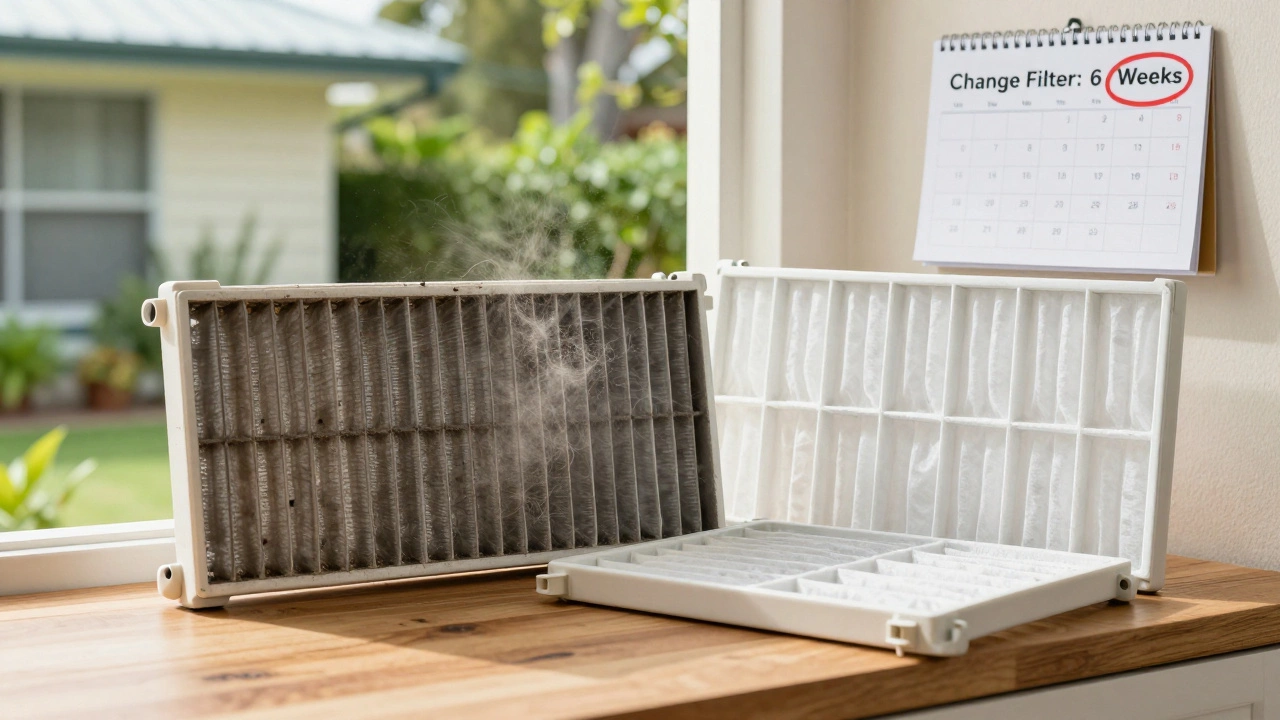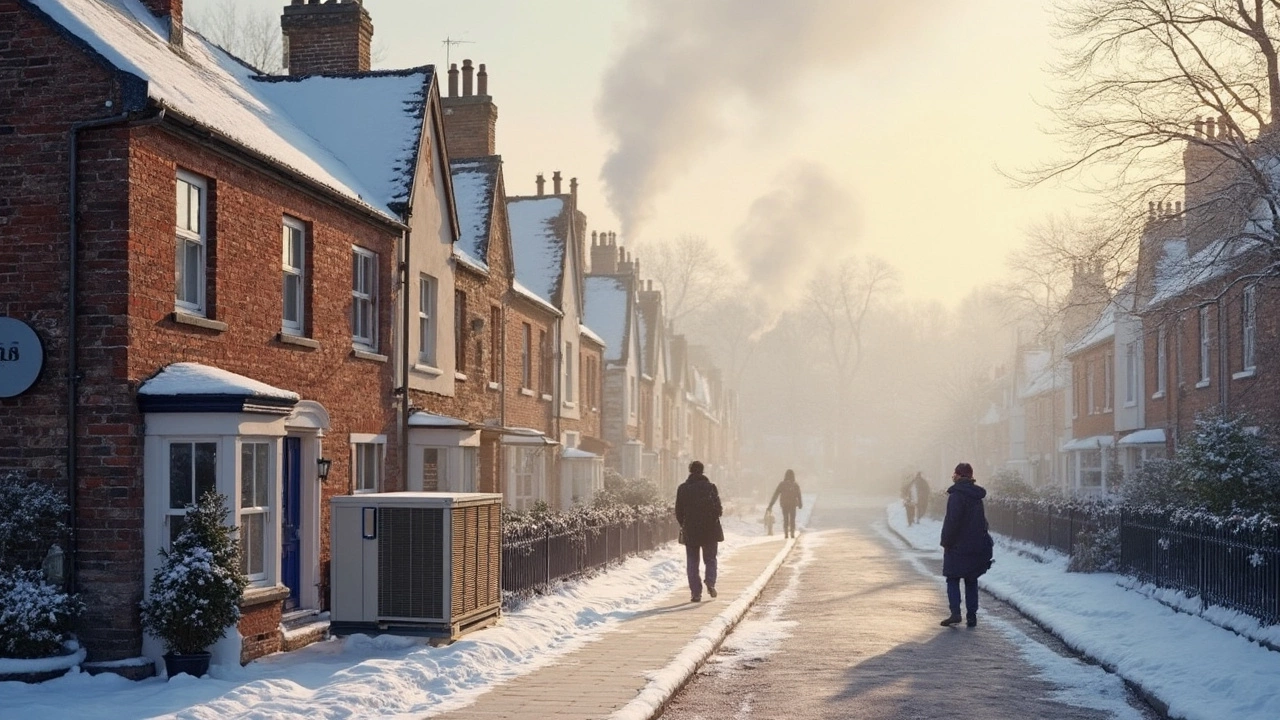Heat Pump Maintenance Tips to Keep Your System Running Smoothly
Got a heat pump? It works hard to heat and cool your home, so a little care goes a long way. Simple maintenance can stop problems before they start, save you money, and keep the temperature just right.
Quick Monthly Checks
Every month look at the outdoor unit. Make sure there’s no leaves, twigs, or dirt blocking the fan. A clear fan can move air better and lower energy use. While you’re there, check the coils for ice or debris. If you see frost building up, turn the system off for a few minutes and let it melt.
Inside, listen for weird noises. A rattling sound could mean a loose part. A humming noise that suddenly stops might signal an electrical issue. Catching these sounds early means a quick fix instead of a big repair.
Seasonal Deep Clean
When spring arrives, give the outdoor unit a deeper clean. Turn off power, then spray the coils with a garden hose – keep the pressure low so you don’t bend the fins. Use a soft brush to sweep away stubborn dirt. Don’t forget the filter inside the house; replace or clean it every 1‑2 months during heavy use. A clean filter improves airflow and helps the heat pump run efficiently.
Before the heating season starts, schedule a professional inspection. A technician can check refrigerant levels, test the thermostat, and tighten any loose bolts. This service usually takes an hour and can spot hidden issues like low refrigerant that would make the system work harder.
During the fall, run the heat pump for a short time each day. This keeps the motor lubricated and prevents parts from getting stuck after months of downtime. If you notice the temperature lagging, it might be time to change the filter or check the outdoor fan.
Winter is the toughest time for a heat pump. Make sure the area around the unit stays clear of snow. A few inches of snow can block airflow and cause the system to overheat. Use a broom to gently sweep snow away, but never dig under the unit – the pipework could get damaged.
Lastly, keep an eye on your energy bills. A sudden jump often means the heat pump is working harder than usual. Compare the bill to previous months and see if you missed a filter change or if ice is building up on the coils.
By doing these simple steps you’ll extend the life of your heat pump, keep your home comfortable, and avoid surprise repair costs. A well‑maintained heat pump also uses less electricity, which is good for the planet and your wallet.
Remember: a quick visual check each month, a deep clean each spring, and a professional service before the heating season are the three pillars of heat pump maintenance. Stick to them and you’ll enjoy steady comfort year after year.

What Causes a Heat Pump to Go Bad? Common Failures and How to Avoid Them
Heat pumps fail due to dirty filters, refrigerant leaks, electrical issues, and poor maintenance. Learn the top causes and how to avoid costly repairs or premature replacement.

Average Lifespan of a Heat Pump: What You Need to Know
Heat pumps can last anywhere between 10 to 20 years depending on how well they are maintained and the conditions they operate in. Regular maintenance and proper usage can greatly extend the life of a heat pump, saving costs. This article explores the typical lifespan of heat pumps, offers tips for extending their lifespan, and highlights signs that indicate when repairs or replacements are needed.